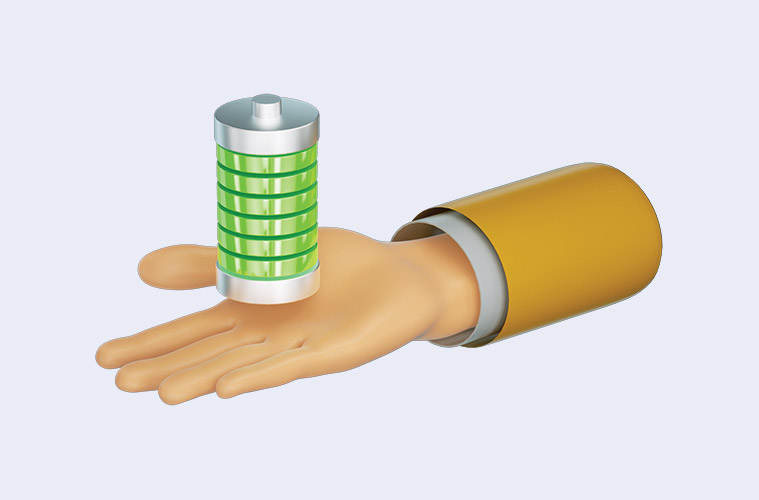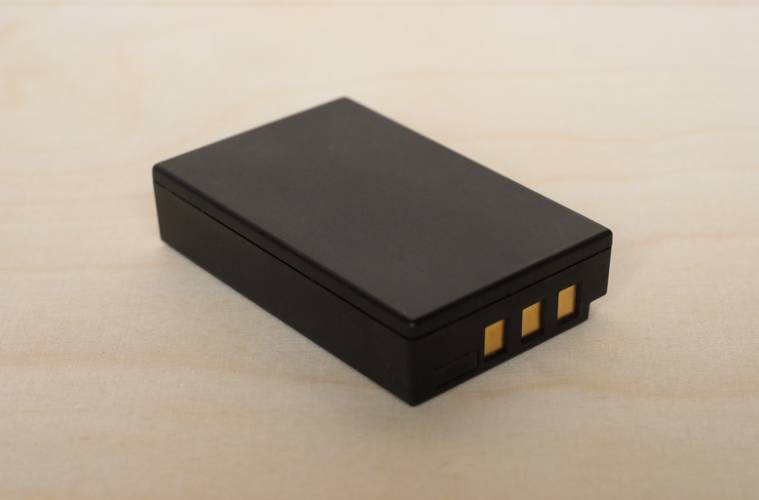
Batteries are not usually shipped by air due to safety concerns. The following are the reasons why batteries are typically not shipped by air:
- Hazardous Materials: Batteries contain hazardous materials, such as lithium, that pose a risk of fire and explosion if not properly handled and stored.
- Shipping Regulations: International and domestic shipping regulations place strict restrictions on the shipment of batteries by air due to the potential safety hazards.
- Dangerous Goods Classification: Batteries are often classified as dangerous goods by aviation authorities, which requires special handling and documentation, and imposes additional fees and restrictions on air shipment.
- Alternative Shipping Methods: Batteries are often shipped by ground or sea, which are slower but safer modes of transportation.
- Battery Characteristics: Batteries can be damaged by the vibration and pressure changes that occur during air shipment, which can result in a loss of performance or a reduction in their lifespan.
Batteries are not usually shipped by air due to safety concerns and the restrictions imposed by shipping regulations. Alternative shipping methods, such as ground or sea, are often used to transport batteries. It is important for buyers to carefully consider the shipping method when purchasing batteries and to ensure that they are transported in a safe and secure manner.
In additional to this the International Air Transport Association (IATA) has specific regulations regarding the shipment of lithium-ion batteries by air. These regulations are designed to ensure the safe transportation of these batteries and to prevent incidents that could result in harm to passengers, crew, or the aircraft.
- Packaging Requirements: Lithium-ion batteries must be packaged in a manner that prevents short circuits and protects against damage. The packaging must also meet the requirements set by IATA for the transport of dangerous goods by air.
- Quantity Limits: The maximum quantity of lithium-ion batteries that can be shipped on an aircraft is limited by IATA regulations. The quantity limits vary depending on the type of battery and the shipping method used.
- Labeling and Documentation: Lithium-ion batteries must be properly labeled and documented to comply with IATA regulations. The labels must include the dangerous goods symbol and the appropriate UN number.
- Testing Requirements: Lithium-ion batteries must be tested and certified to meet the safety standards set by IATA before they can be shipped by air.
In conclusion, the shipment of lithium-ion batteries by air is subject to strict regulations set by IATA to ensure the safe transportation of these batteries. It is important for shippers to comply with these regulations and to take the necessary precautions to ensure the safe shipment of lithium-ion batteries by air.




